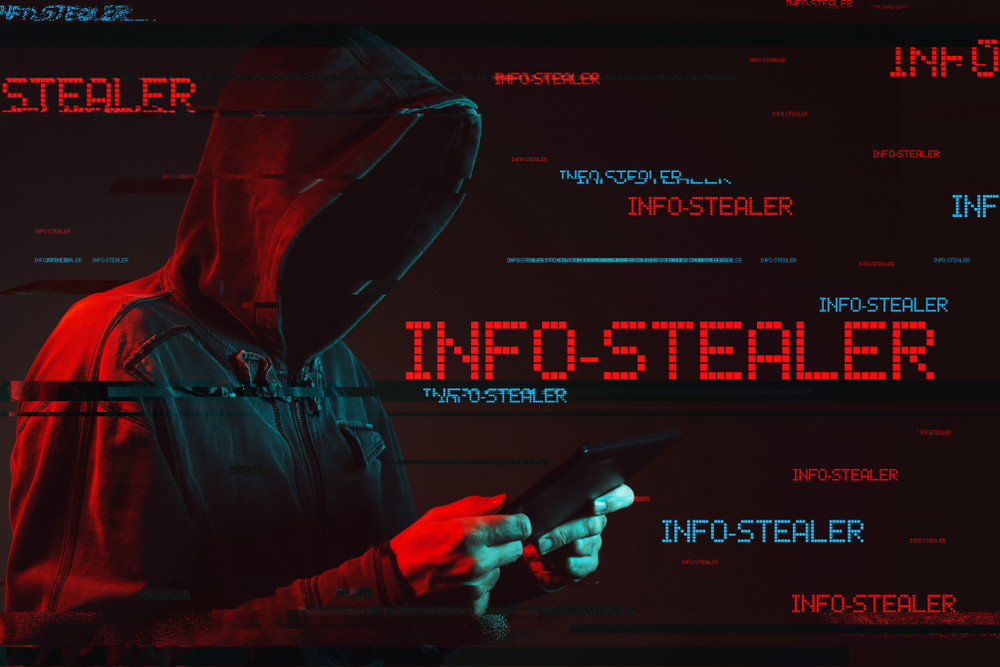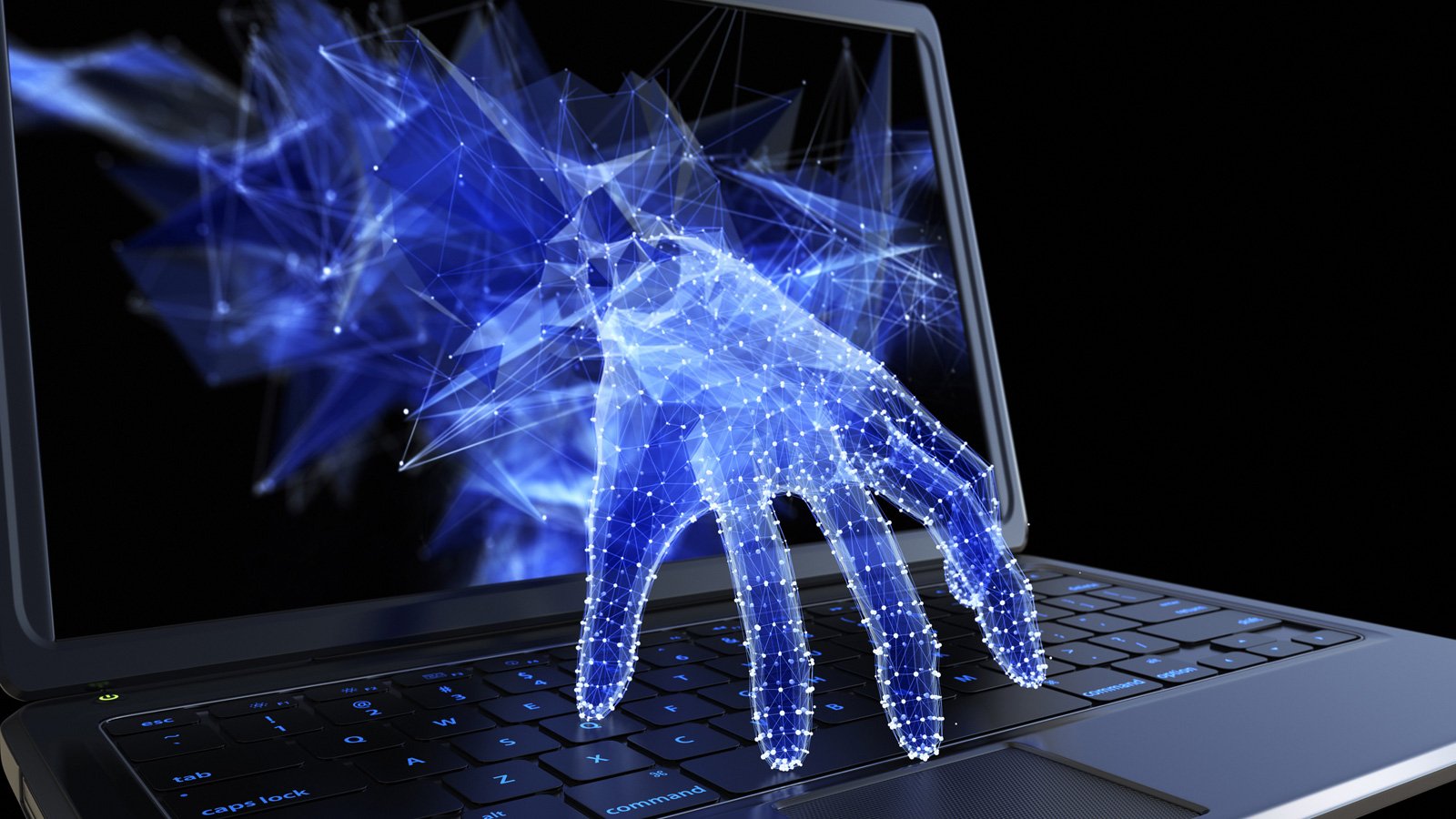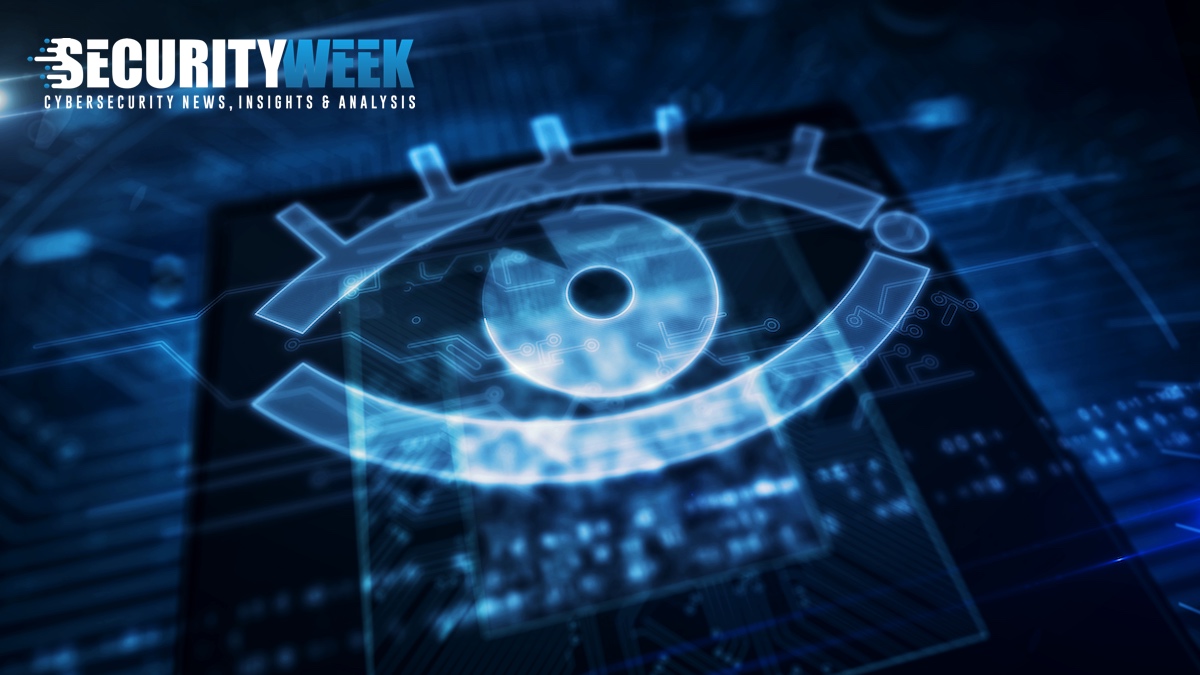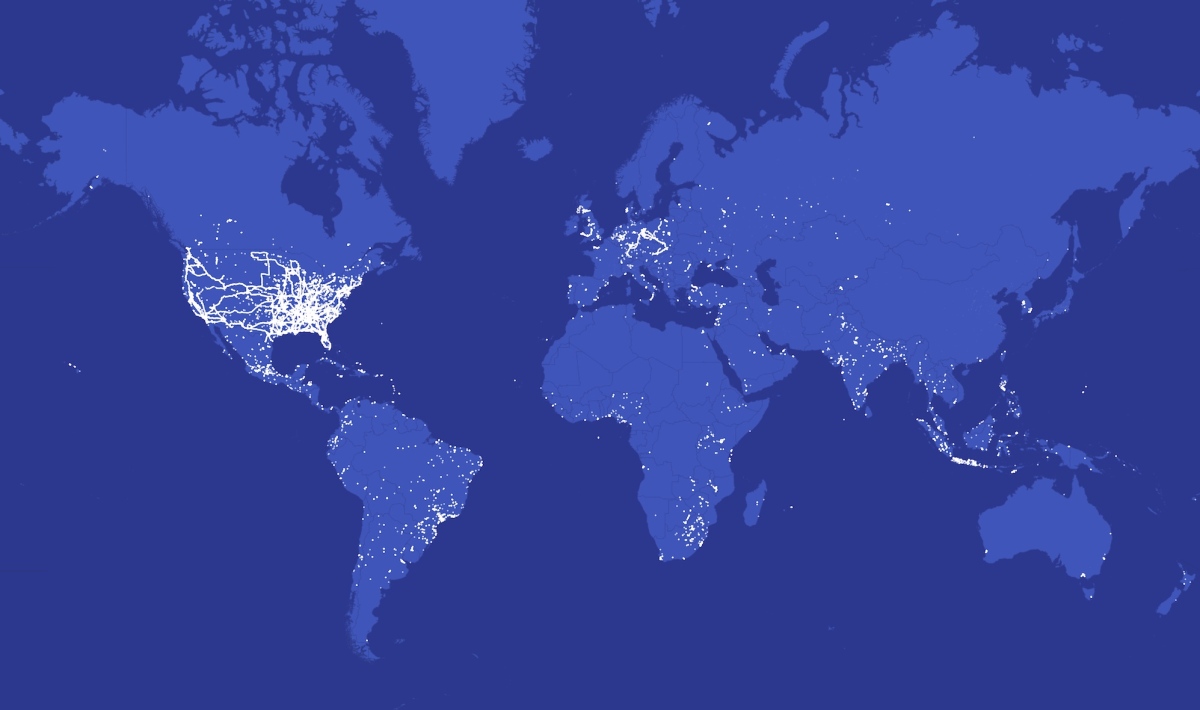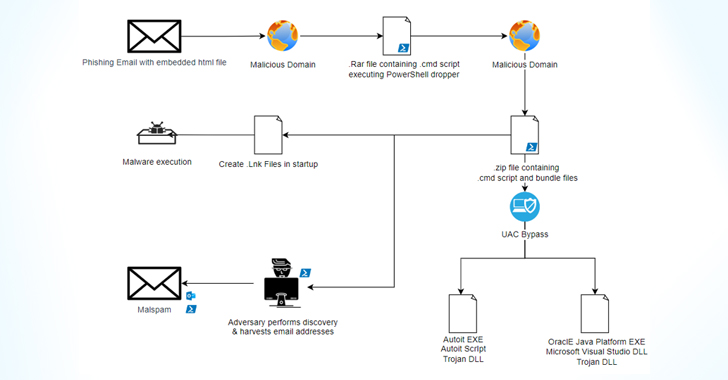Supply chain compromise, open source technology, and rapid advances in artificial intelligence capabilities pose significant challenges to safeguarding AI, experts told a Senate panel Tuesday.
In the ever-evolving information-stealer landscape, a new malware dubbed Realst has emerged. Realst is designed to target macOS systems and is capable of emptying crypto wallets and stealing stored passwords and browser data. Attackers are using tricks to lure gamers with money, which is a red flag against downloading these games.
The critical flaw, tracked as CVE-2023-30799, allows remote attackers with an existing admin account to elevate their privileges to “super-admin” via the device’s Winbox or HTTP interface.
The UK Government’s Cyber Security Skills in the UK Labour Market 2023 report shows a staggering 50% of all UK businesses have a basic cybersecurity skills gap, showing little improvement from the 2022 report.
A new Mac malware named “Realst” is being used in a massive campaign targeting Apple computers, with some of its latest variants including support for macOS 14 Sonoma, which is still in development.
The analysis of nearly 20 million information-stealing malware logs sold on the dark web and Telegram channels revealed that they had achieved significant infiltration into business environments.
Sharing threat information and cooperating with other threat intelligence groups helps to strengthen customer safeguards and boosts the effectiveness of the cybersecurity sector overall.
Spyhide is secretly collecting private data from tens of thousands of Android devices worldwide. The app is often installed on a victim’s phone by someone who knows their passcode, and it remains hidden on the home screen.
“They are still heavily focused on Latin American financial institutions, but the changes in their techniques represent a significant risk to multi-regional financial organizations as well,” Sygnia said in a statement shared with The Hacker News.
Mandiant’s investigation into the attack now revealed that the intrusions were attributed to UNC4899, a hacking group associated with the Democratic People’s Republic of Korea (DPRK).

